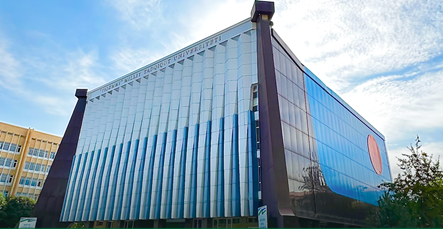FORMATION OF REFLEXIVE COMPETENCES OF NON-PHILOLOGICAL EDUCATION STUDENTS
Keywords:
reflexive competence, non-philological education, teaching methodology, critical thinking, learning.Abstract
This article examines the issue of examining the reflexive competencies of ESP students in higher education. Reflexive competence is critical self-development in conditions where it is possible to analyze one's own work and reflect. The article discusses the theoretical foundations, teaching methods and experimental tools for developing this competency.
References
Andreeva, G. M. (2020). Modern methods in the formation of reflexive competences. Moscow: Pedagogical Publishing House.
Dewey, J. (1910). How We Think. Boston: D.C. Heath & Co.
Isroilova, B. (2021). FORMATION OF MOTIVATION IN STUDENTS DURING TEACHING ENGLISH LANGUAGE. In МОЛОДОЙ ИССЛЕДОВАТЕЛЬ: ВЫЗОВЫ И ПЕРСПЕКТИВЫ (pp. 399-401).
Kolb, D. A. (1984). Experiential Learning: Experience as the Source of Learning and Development. Englewood Cliffs, NJ: Prentice Hall.
Vygotsky, L. S. (1986). Thought and Language. Cambridge, MA: MIT Press.
Yuldashova, N., Choriyeva, S., Ziyadulloyeva, M., Shadiyeva, D., & Umirova, M. (2024). Role of Harnessing Green Technologies and Innovation for Sustainable Development. In BIO Web of Conferences (Vol. 141, p. 04014). EDP Sciences.
Published
Versions
- 2025-03-14 (2)
- 2025-03-07 (1)










